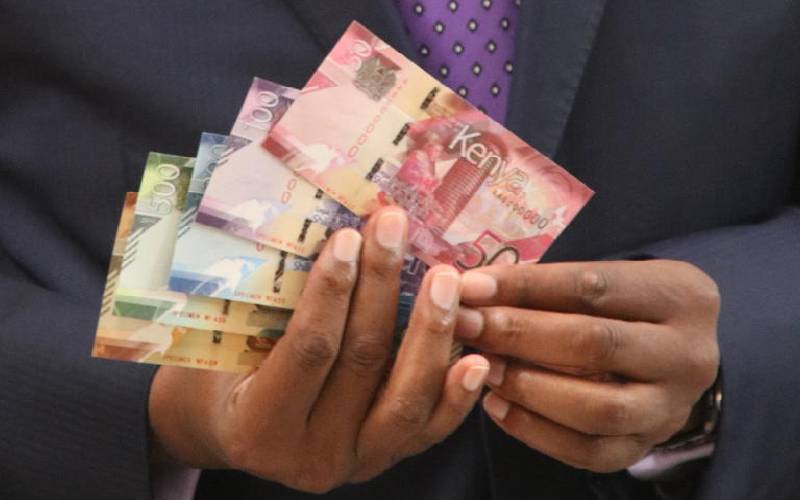×
The Standard e-Paper
Home To Bold Columnists

Central bank governor Dr Patrick Njoroge said on Thursday he was not concerned by this month’s falls in the shilling and the weakness was not linked to plans to invalidate the old Sh1,000 note.